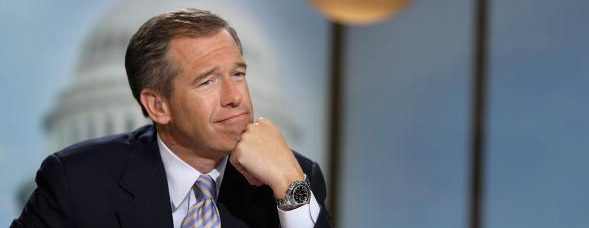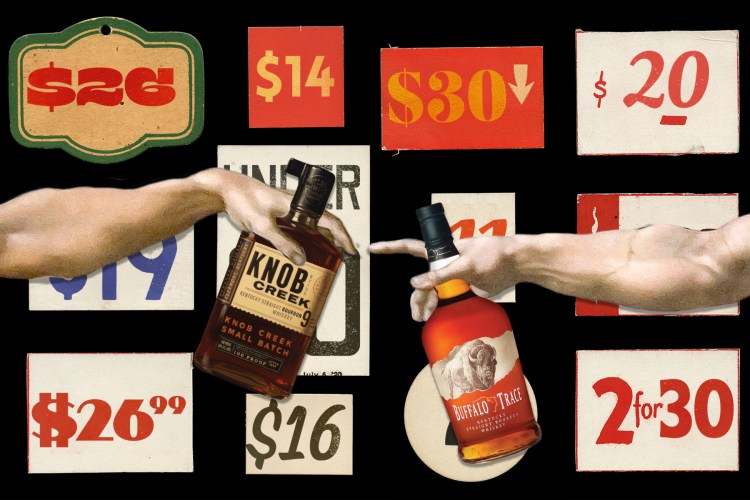The networks have gotten the Nielsen ratings system under their spell—or rather under their spelling.
NBC, ABC and CBS consistently change the titles on the schedule submissions of their broadcasts when they anticipate lower ratings — such as during holidays — in order to fool the automated system from TV-ratings firm Nielsen and to keep their shows’ numbers plump, The Wall Street Journal is reporting.
It’s a practice that happens with a wink and a nod, according to Bill Carroll, a veteran TV industry consultant. “It’s a little bit of gamesmanship,” he explained to The Journal.
And certainly, it’s a widespread one.
This means NBC Nightly News becomes Nitely News and ABC’s World News Tonight becomes Wrld New Tonite. The former changed the spelling 14 times since the start of the 2016-2017 television season last fall, with the latter playing scrabble with show titles seven times. CBS Evening Nws ran 12 times this season.
“As is standard industry practice, our broadcast is retitled when there are preemptions and inconsistencies or irregularities in the schedule, which can include holiday weekends and special sporting events,” an NBC show spokesman told the Journal.
These eyebrow-raising ethical practices become a major problem for advertisers, who are sold higher rates for commercial times when the numbers are fudged.
“Networks never used to do this,” Billie Gold, director of programming at ad giant Dentsu Inc. told The Journal. “When people ask us why our estimates are so much lower than what they see,” she said. “We explain the situation, and they have their ‘ah-ha’ moment.”
This article appeared in an InsideHook newsletter. Sign up for free to get more on travel, wellness, style, drinking, and culture.

























